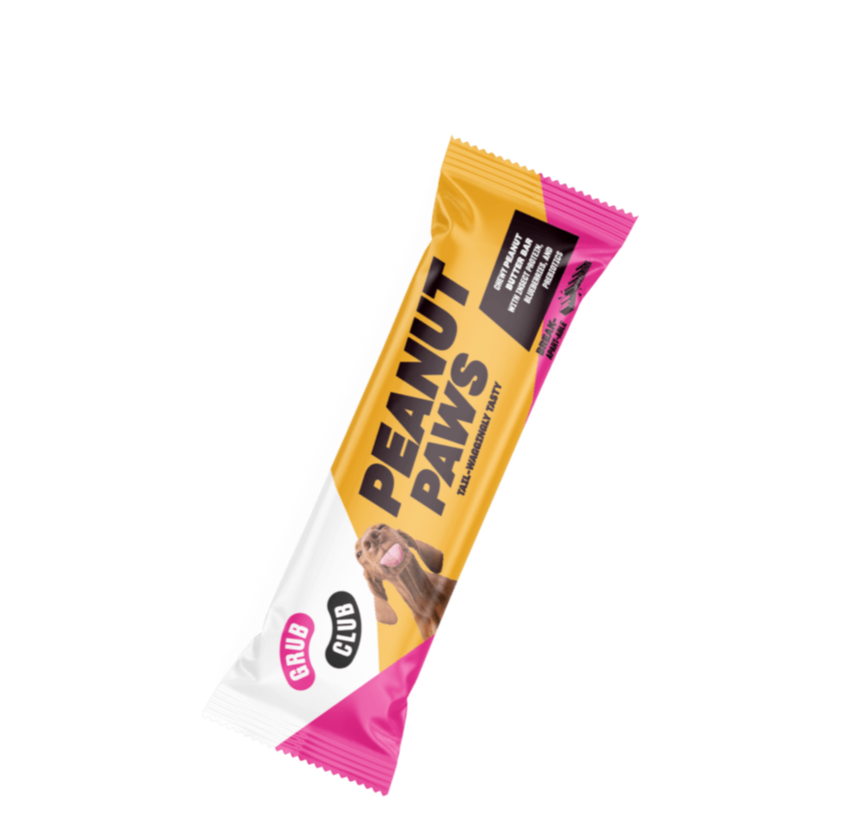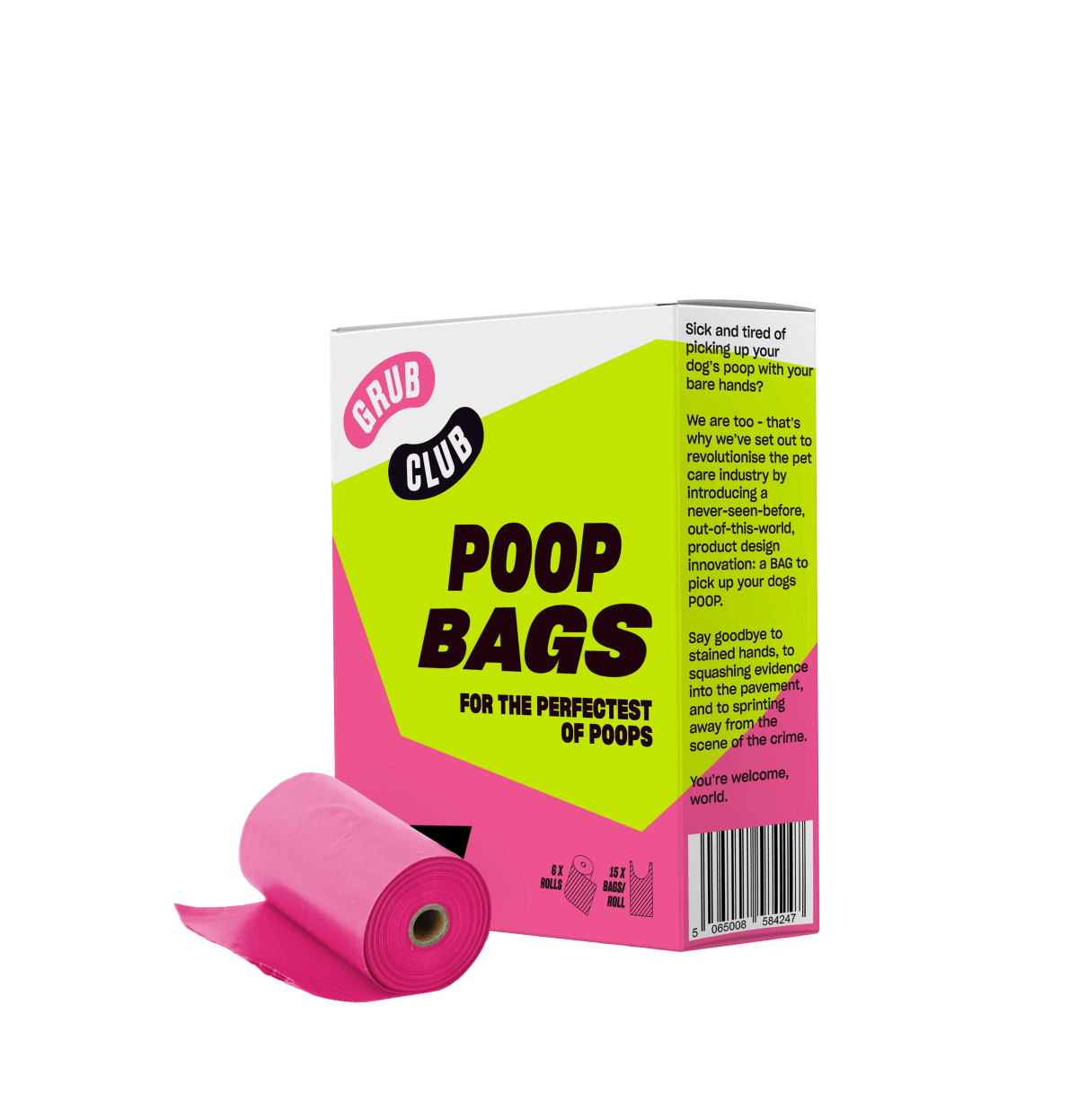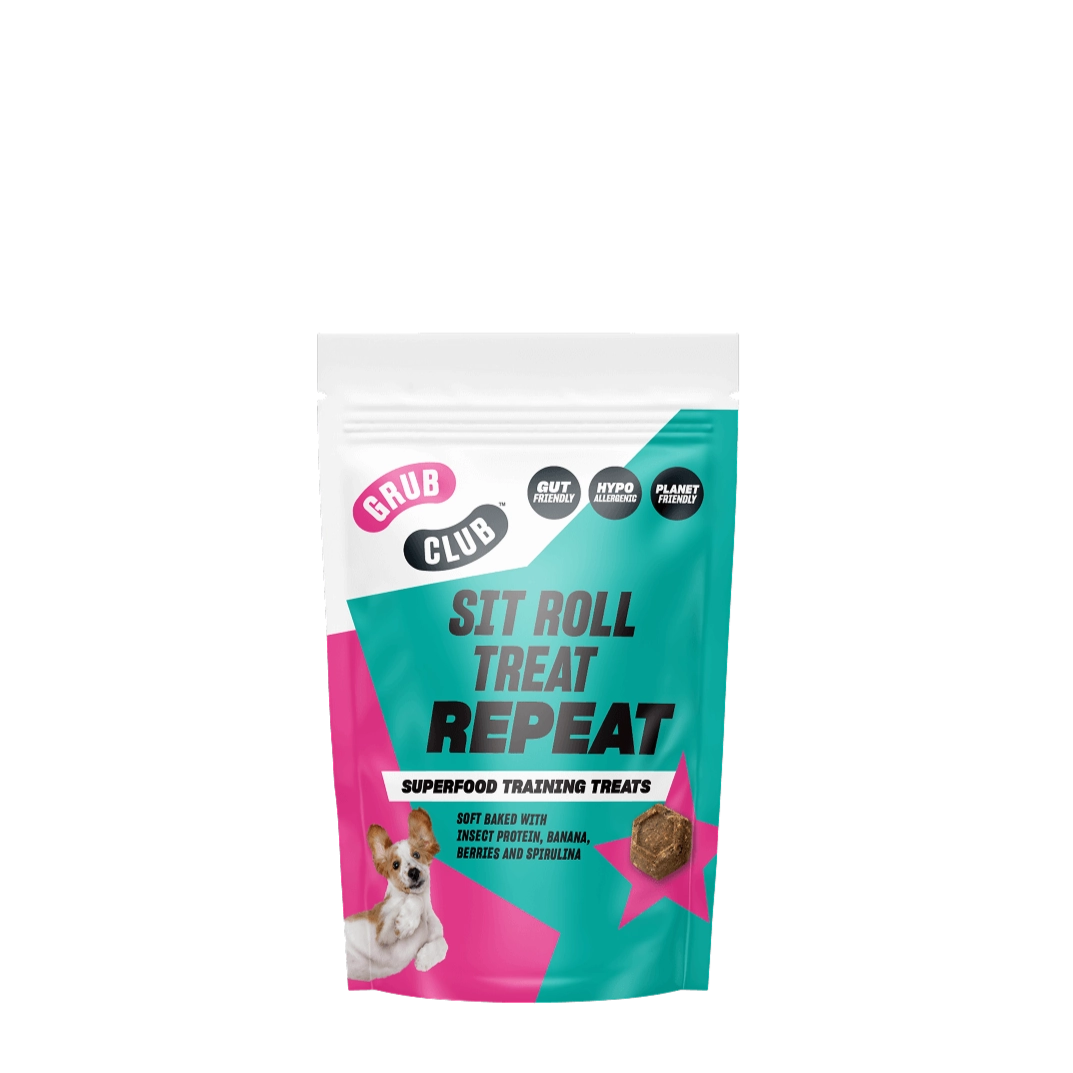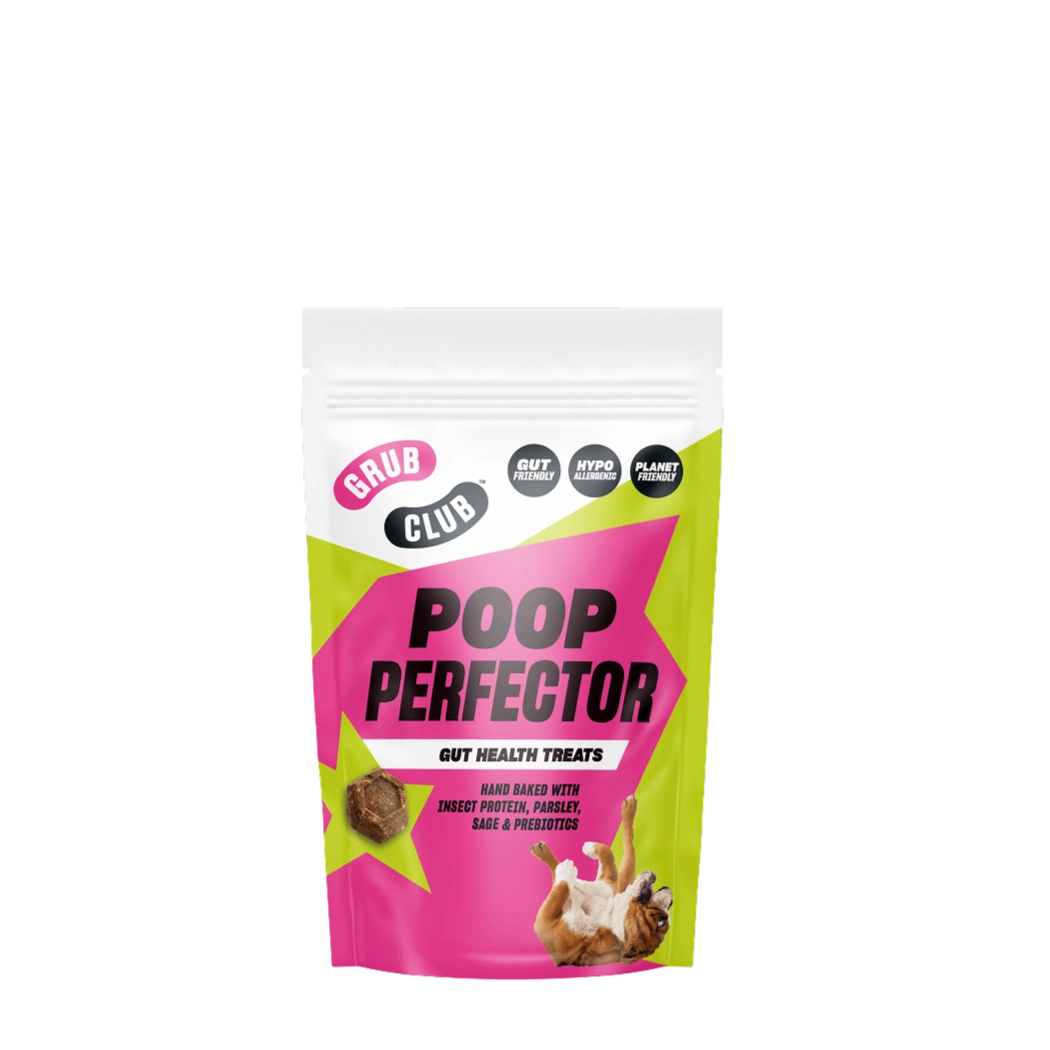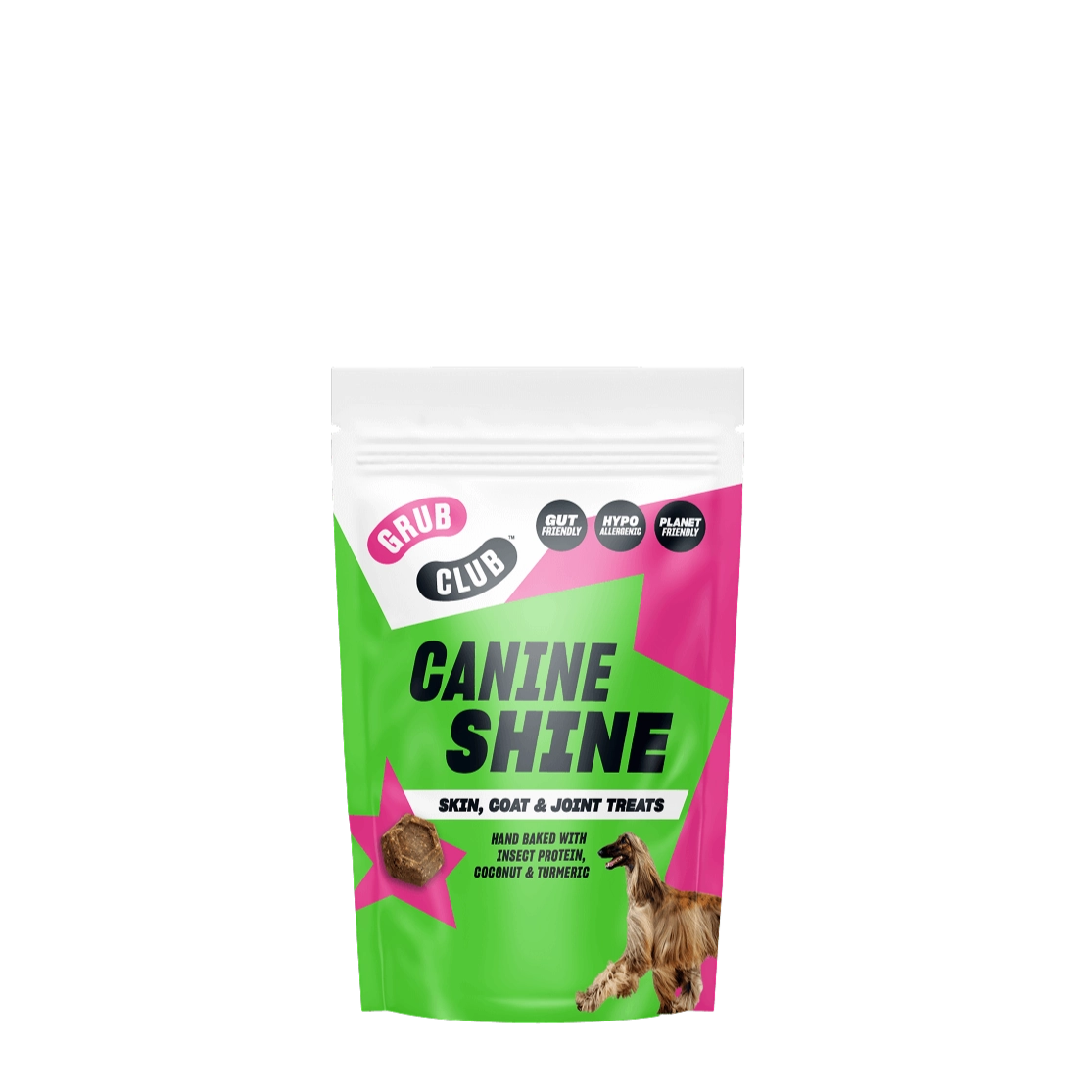PEANUT PAWS
Peanut Butter Bar
1 Bar
FREE UK Delivery on orders above £49.
You have £0.00 in your cart, spend £49.00 more and get free shipping.
1 Bar
72 Bags
1 Pack
1 Pack
1 Pack
Or continue without a name
CheckoutHave you recently been prescribed a new diet for your dog? Whether your dog is facing underlying health issues or you're curious about alternative nutrition paths, we'll be unpacking the intricacies of prescription diets, their benefits and the alternatives.
What is a veterinary prescription diet?
A veterinary prescription diet is a specialised pet food that's formulated to address specific health issues or conditions in animals. These diets are typically recommended by veterinarians as part of a comprehensive treatment plan for pets with medical conditions such as allergies, obesity, kidney disease, urinary tract issues, diabetes, and other health concerns.
They often contain specific ingredients, nutrients and formulations to support the management or treatment of the targeted condition.

Should my dog be on a prescription diet?
The goal of a prescription diet is to help manage the medical condition and improve the overall health and well-being of the animal. You should never put your dog on a prescription diet without the advice and thorough examination from a licensed veterinarian to identify the underlying health issue. It's important to note that most veterinary prescription diets are only available with a prescription from your vet.
Does prescription dog food really work?
The effectiveness of prescription diets can vary depending on the health issue and the individual dog. In many cases, these diets have been carefully formulated to provide specific nutritional benefits that can help manage or alleviate the symptoms of certain conditions.
However, like all commercial pet food, the quality of ingredients can vary among different brands and formulations so it's still essential for dog owners to carefully read the ingredient list and understand what's included in the food. While many prescription diets are developed by reputable companies and formulated with high-quality ingredients, others can be filled with cereal fillers, animal derivatives, low quality raw materials and by-products, yuck!
Prescription dog food can be effective in managing and supporting the treatment of certain health conditions in dogs but it's important to note that while prescription diets can be effective, they are typically recommended alongside an overall treatment plan prescribed by a veterinarian. Regular veterinary check-ups and follow-ups are crucial to monitor the dog's progress and make any necessary adjustments to the treatment plan.

What are the alternatives to a prescription diet?
While veterinary prescription diets are specifically formulated to address certain health conditions in pets, there may be alternative approaches or non-prescription diets that can complement the management of certain conditions:
1. Grain Free Diets
Some dogs cannot process grains effectively which can lead to symptoms such as itching and sensitive skin, diarrhoea, weight loss and a lack of energy which is where a grain-free diet can be a solution. Dog food labeled as 'grain-free' indicates that the product doesn't contain any grains such as wheat, corn, barley, oats, rye, rice or soy.
2. Novel Protein Diets
The majority of dogs will gobble down their protein from well-known food sources such as chicken, beef and lamb however these ingredients are some of the most common allergens found in dog food.
By introducing a novel protein (a source of protein that has never been previously introduced to your dog’s diet) you can eliminate these allergens without compromising on nutrients.
The most common novel protein dog food typically includes duck, salmon, venison, goat, pheasant, pigeon, rabbit and wild boar. However, there is an equally nutritious and far more sustainable protein source and that's insect protein. It's rich in iron, low in fat and naturally hypoallergenic for dogs. Great news for pups with meat-related food allergies or intolerances.

3. Low Fat Diets
The main cause of obesity in dogs is not getting enough exercise paired with overfeeding. Other factors include medical problems, type of breed (some breeds hold more fat than others) and neutering.
Nearly half of the UK dog population is now classified as 'overweight' and just like humans, dogs carrying excess weight can lead to health and mobility issues which may limit their lifespan and lead to increased medical bills.
However, you do not necessarily need to switch to a prescription diet to help your dog loose weight. There are plenty of low calorie/low fat options already out there.
Take some time to read the dietary advice on the packaging and measure out the recommended daily amount. If you haven’t been following the instructions, this could well be the reason for your dog's weight gain.
Grub Club's All-Day Buffet contains just 354kcal per 100g and only 10.0% crude fat which is comparable with most low fat dog foods on the market.

4. Limited Ingredient Diets
For pets with food sensitivities or allergies, limited ingredient diets may be an option. These diets typically contain a minimal number of ingredients, making it easier to conduct an elimination diet and identify/avoid potential allergens. However, it's important to choose a commercially prepared limited ingredient diet to ensure it's nutritionally complete.
5. Supplements
In addition to a regular diet, certain nutritional supplements may be recommended by veterinarians to support specific health conditions. For example, joint supplements with glucosamine and chondroitin can be beneficial for pets with arthritis alongside a normal diet.
6. Home-cooked Diets
In some cases, veterinarians may recommend home-cooked diets tailored to a pet's specific health condition. However home-cooked diets can be hard to balance and they need to be carefully formulated to meet the nutritional requirements of the pet. We’d recommend suggesting the help of a veterinary nutritionist to ensure the diet you are feeding your dog is balanced and complete.

7. Prescription Medications
Prescription medications can be used alongside a regular diet to manage or treat certain conditions. These medications may be prescribed by a veterinarian based on the specific needs of the pet.
Conclusion:
Whether you opt for a targeted prescription diet to address specific health concerns or embrace alternative approaches, the key lies in understanding your dog's unique needs. By staying informed and making thoughtful choices, you're not just providing meals; you're crafting a lifestyle that promotes your dog's well-being. Here's to wagging tails and good health.
A key to good health in dogs is good digestive health. Look after your dog's gut with our digestion bundle, available in 1.5kg and 6kg packs for dogs of various sizes and shapes.
